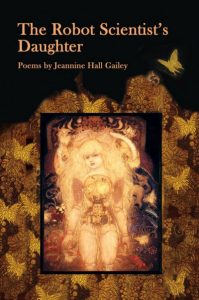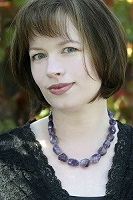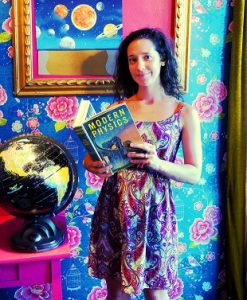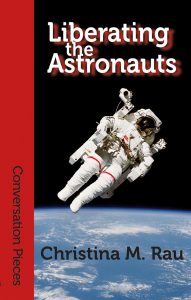I’ll be giving a talk at the Fellowship of Freethought Dallas gathering this month:
The Creative Skeptic: Or, How to Live the Magic, Embrace the Mystery, and Invoke the Muses When You Don’t Believe in Supernatural Forces
Are you an artist and a freethinker? A crafter and skeptic? A coder and a humanist? A social organizer and an atheist? A fan of movies and a fan of rationality?
Do you want to explore both your ability to create and your ability to question with like-minded folks?
Then join us for a workshop on creativity for freethinkers. We’ll discuss ways in which we can use advice for creative types that is too often couched in spiritual terms. And we’ll play lively social games designed to help you tap into your creativity, without resorting to calling on a Muse.
Don’t consider yourself creative? Don’t worry! We’ll address ways in which consumers of creative products–movies, TV, games, books, and so on–can also consider themselves creative and thus apply what we talk about in the gathering.
So come explore the mysteries of creativity with us. It’ll be magical….
Fellowship of Freethought Dallas gatherings are held at the Walnut Hill Recreation Center (10011 Midway Road, Dallas, TX) and begin at 11am.

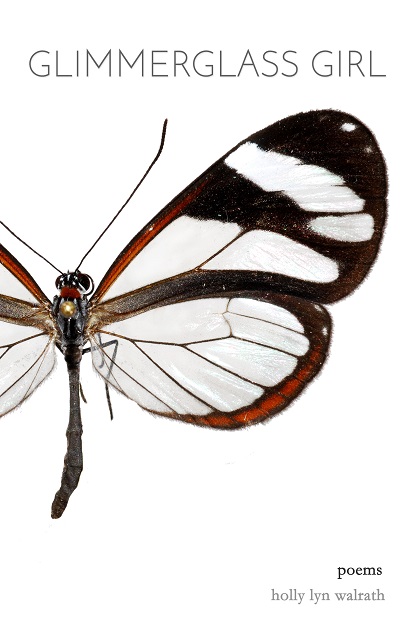
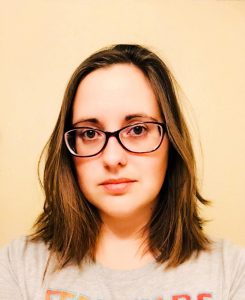 HLW: For me, fairy tales began with Disney. I grew up in the generation that knew the golden age of Disney as not just something to be consumed but as a kind of religion. We lived, breathed, and ate (in the form of kid’s cereal and snacks) Disney. However, as much as I love them, those stories are being reexamined today for their implications. Women were taught to be princesses, not queens—damsels in distress, not heroes. But when we grow up, we realize those stories set false expectations. I’m in love with the new Disney stories like Moana, Rogue One, A Wrinkle in Time, Brave, and The Incredibles because they give girls new options. We’re redefining what a fairy tale means and where women stand in the narrative.
HLW: For me, fairy tales began with Disney. I grew up in the generation that knew the golden age of Disney as not just something to be consumed but as a kind of religion. We lived, breathed, and ate (in the form of kid’s cereal and snacks) Disney. However, as much as I love them, those stories are being reexamined today for their implications. Women were taught to be princesses, not queens—damsels in distress, not heroes. But when we grow up, we realize those stories set false expectations. I’m in love with the new Disney stories like Moana, Rogue One, A Wrinkle in Time, Brave, and The Incredibles because they give girls new options. We’re redefining what a fairy tale means and where women stand in the narrative.